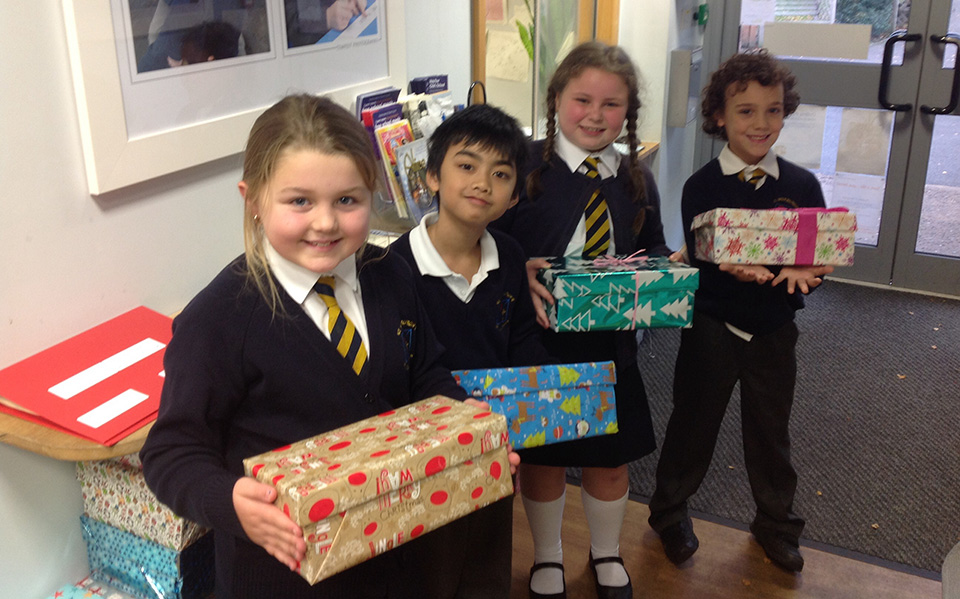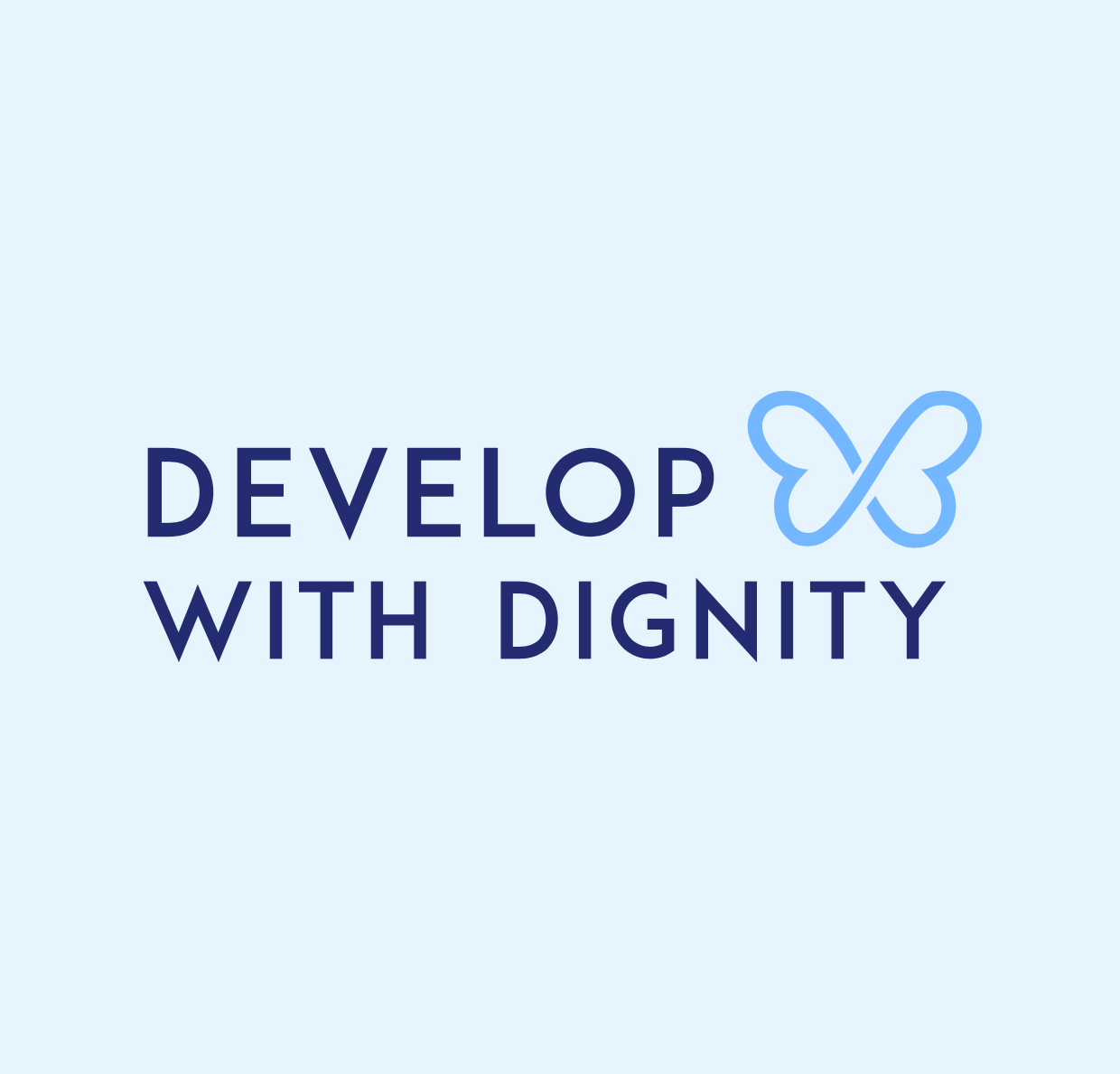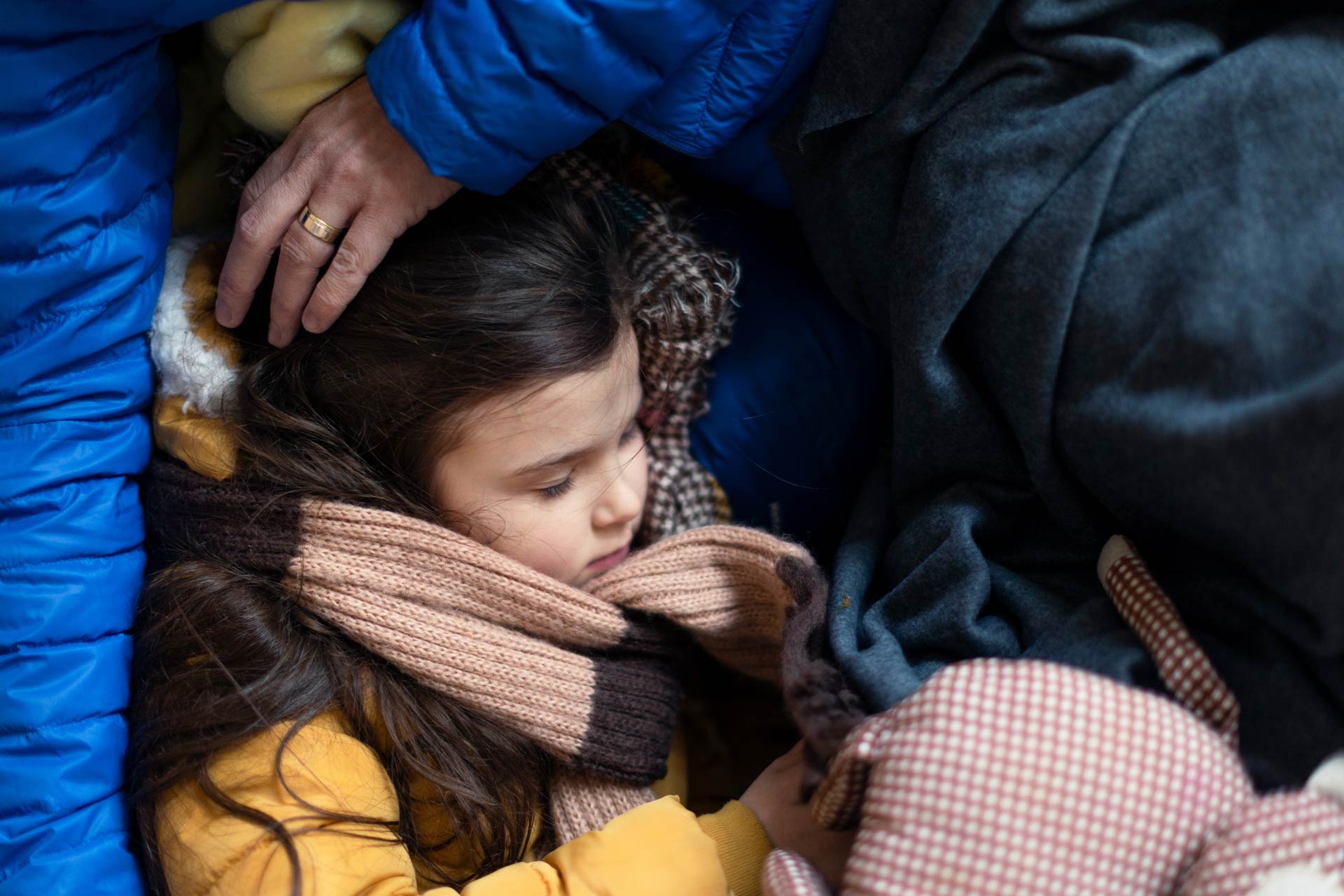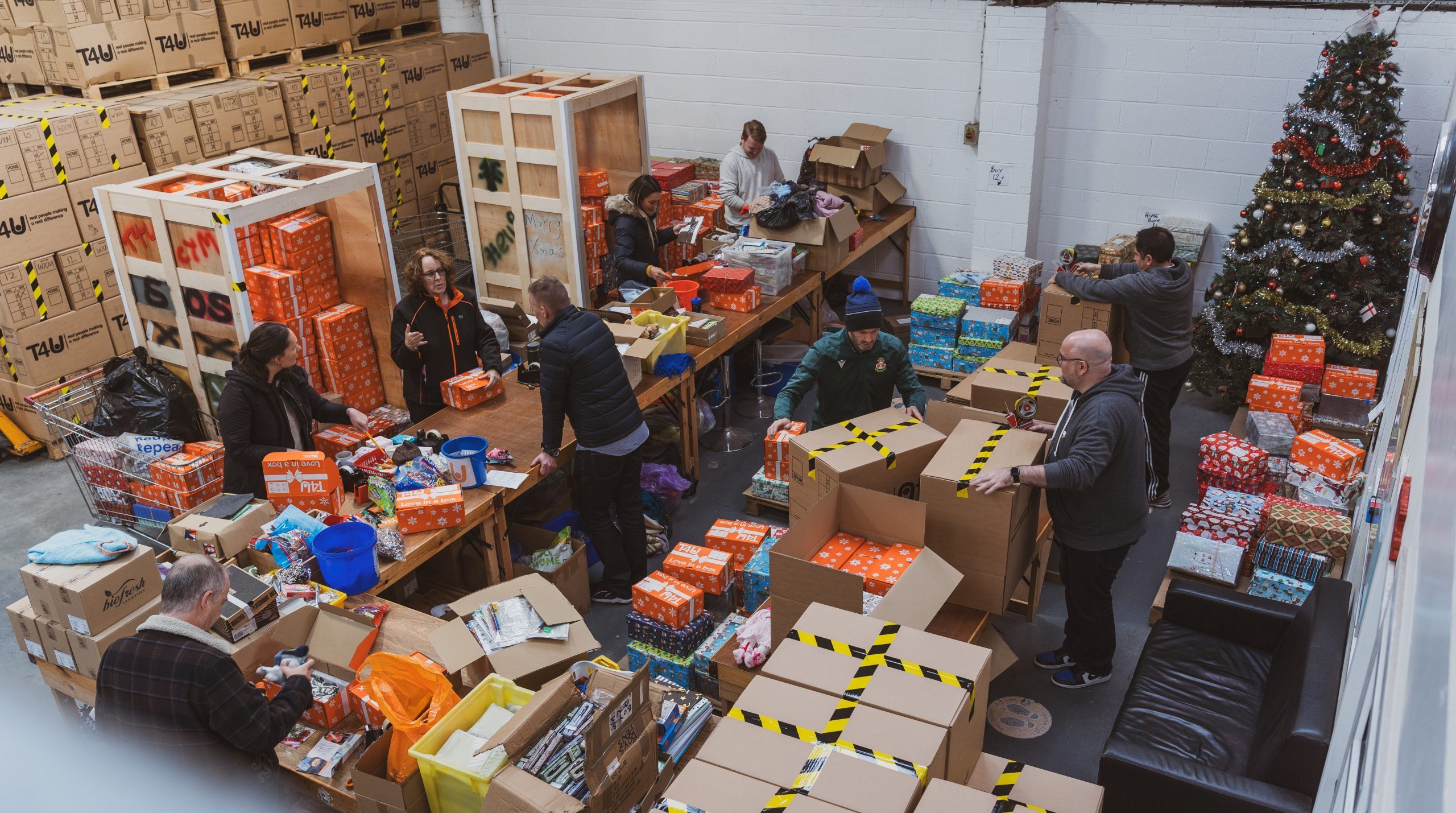Many of you will have heard about Belarus’ controversial position in the Russian invasion of Ukraine, and the political unrest in Belarus following its disputed elections. Protests in Belarus against its political leaders were widespread and the government has cracked down on protesters, imprisoning anyone who is brave enough to dissent.
While this is happening to the protesters, what is happening to their children?
All too often, the children are sent to orphanages. Our partners in Belarus have reported that the number of children in orphanages has doubled.
This is devastating.
Their team of 12 members work tirelessly to enhance the lives of orphans, focusing on life skills development and emotional support. Through initiatives like cooking classes, financial management sessions, and discussions on sexual health, they aim to equip children for life beyond the orphanage walls.
Some of you will know about the summer camps they organise, which provide crucial social experiences and developmental activities for children with disabilities. They also extend support to orphanage graduates, helping them navigate the challenges of independent living.
Ultimately, what children need is loving families. To promote fostering and support foster families, the team recently hosted a conference, offering guidance to foster families and a platform for shared experiences.
Looking forward, they aspire to recruit more volunteers, enhance support groups, and organize more training conferences for foster families.
We applaud the work they are doing, and hope that the political situation will improve so that children can be reunited with their parents.






